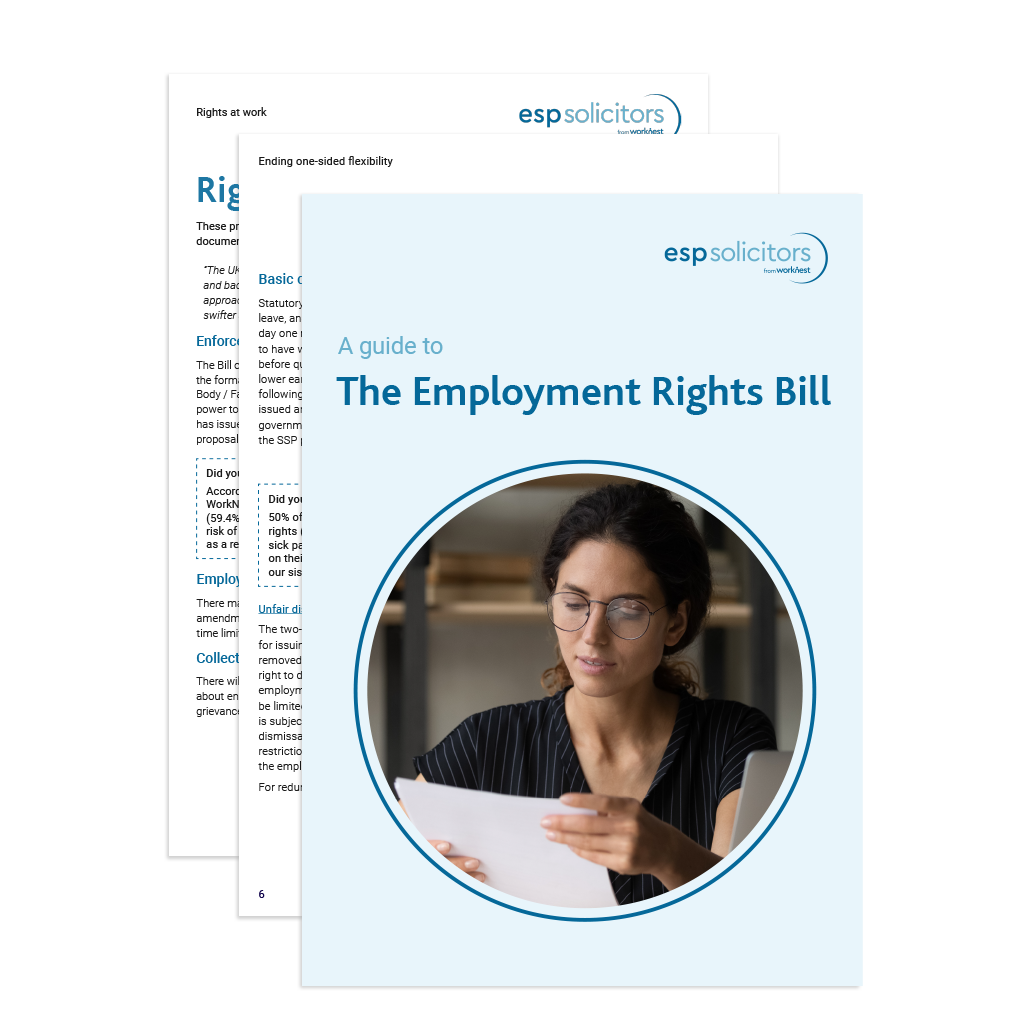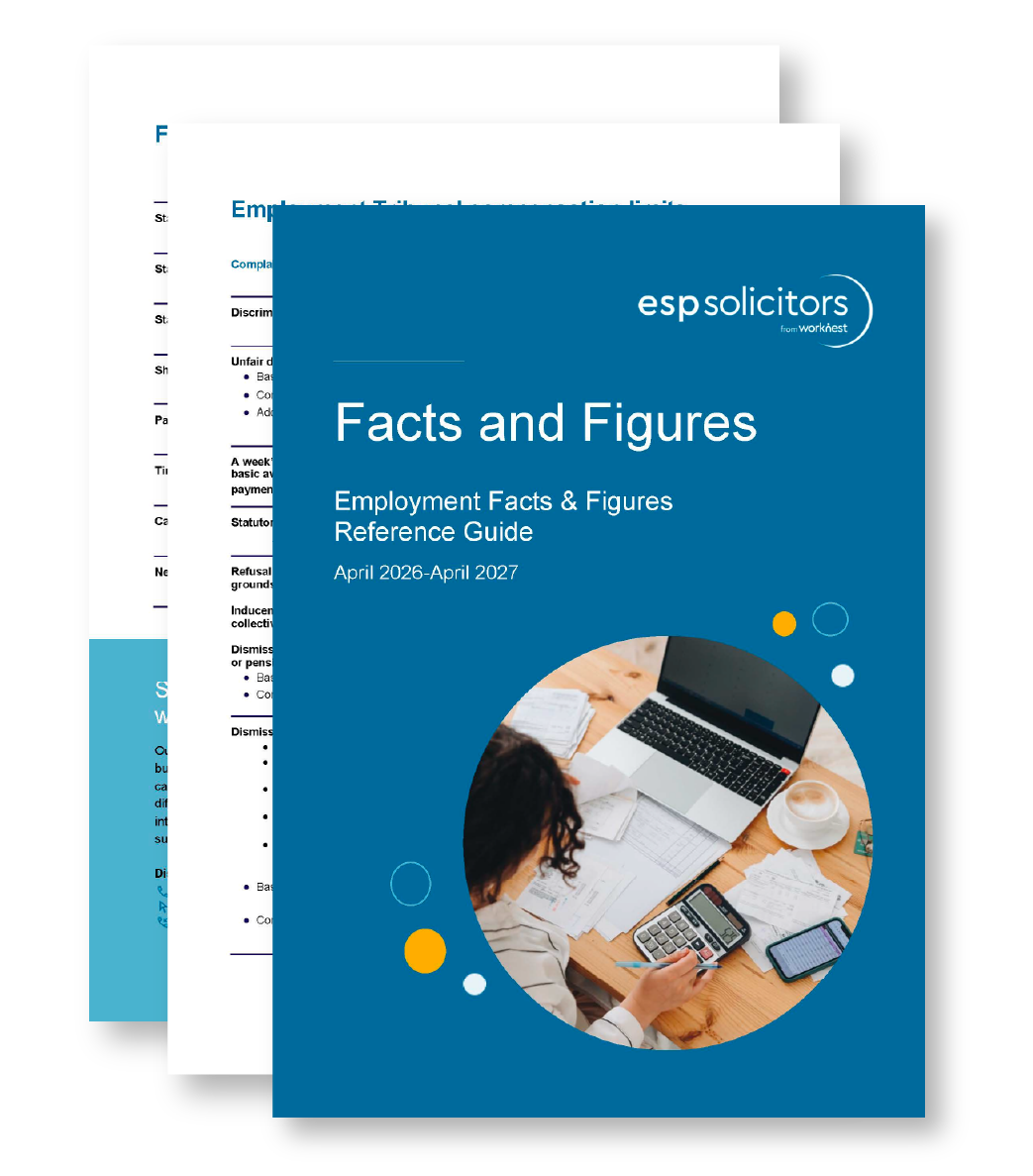Following a week of high-profile news stories, the UK Government has unveiled its Immigration White Paper, titled “Restoring Control over the Immigration System”. It sets out significant reforms that will substantially reshape how employers engage with international talent. These changes are designed to reduce net migration and strengthen the UK’s borders, but they also place new responsibilities and challenges on employers across sectors.
Key takeaways for employers
1. Increase to skill level for skilled worker roles
The minimum skill level for sponsored workers will rise to RQF Level 6 (graduate level). This means many roles previously eligible under RQF Level 3 (A-level equivalent) will no longer qualify. This is a return to the position under the Immigration Rules prior to the skill level being lowered in 2020. Workers currently holding skilled worker visas can continue in roles even where they are below the new skill level but those looking to apply for a skilled worker from outside the UK or from another route in the UK will need to be in a role at RQF 6 or above.
2. Salary threshold and immigration skills charge increases
Salary thresholds for skilled worker visas will rise, but no specific figures have been provided. The immigration skills charge, which is payable per year of the visa as an upfront sum, will increase by 32%. The thresholds and going rates were already increased significantly in 2024, so these further increases will likely pose a barrier to sponsorship and add financial pressure on employers struggling with recruitment challenges.
3. Removal of the Immigration Salary List – creation of a temporary shortage list
The Immigration Salary List, which replaced the Shortage Occupation List, will be abolished. Currently, the list provides salary threshold discounts for skilled worker visa roles facing a recognised shortage of suitable labour in the UK. The government has stated that certain lower-skilled occupations with a skill level of 3-5, where there have been long term shortages, will be placed on a Temporary Shortage List, allowing for “limited access to the Points-Based Immigration System”.
4. End of overseas recruitment for social care
The government will close social care visas to new overseas applicants. While current visa holders can extend or switch in-country until 2028. This is a major shift for a sector heavily reliant on international workers.
5. Stricter English language requirements
Currently, skilled workers must demonstrate English language proficiency at B1 level under the Common European Framework for Reference for Languages. This will be raised to B2. Adult dependants, who currently do not need to prove their English language ability, will now need to demonstrate level A1. This adds an additional step in the hurdle in the application process for a skilled worker and their family.
6. Sponsorship system changes
To address concerns about the misuse of the skilled worker sponsorship system, the government intends to:
• Make it easier for workers to move between sponsors
• Place greater responsibility and accountability on effective and responsible sponsors
• Ensure workers have access to information about their rights and reporting mechanisms for unethical practices before they arrive in the UK.
7. Graduate visa time reduction
The post-study work period allowed under the graduate visa will be reduced from 2 years to 18 months. Employers hiring graduates should prepare for a shorter window to recruit international talent.
8. Global talent visa expansion
The government will increase the number of people on “high talent” routes through changes to the Global Talent visa, High Potential Individual visa and by doubling the number of workers an overseas business can send to the UK to establish a presence in the UK.
9. Settlement changes
Currently, skilled workers can settle in the UK after five years. The government has criticised the current system for not reflecting their “strongly held belief that people should contribute to the economy and society before graining [settlement]”. The time required to obtain settlement through the Points-Based system is proposed to increase to 10 years, with potential reductions based on “Points-Based contributions to the UK economy and society”.
This change could complicate the settlement process and be unsettling for workers whose plans were based on a five year route to settlement. With a longer route to settlement, this will require further visa extension applications and will make the process more costly.
How to prepare for the changes
1. Review and adjust recruitment strategies
Assess the roles you typically sponsor and determine if they meet the new skill requirements. Check if the proposed salary for the role is higher than the current thresholds and going rate. Can recruitment be brought forward to beat the changes? > Plan alternative recruitment strategies for roles that may no longer qualify.
2. Strengthen sponsor compliance systems
Ensure full compliance with the record-keeping and reporting duties imposed on sponsors. The government intends to clamp down on employers abusing the system, with a two year cooling-off period for employers whose licences are revoked – preventing them from making a new application in that time.
3. Reassess use of the graduate visa
With the reduction in time individuals can spend on the graduate visa, employer’s graduate recruitment pipelines may be impacted. Currently, employers can use the two-year period to assess a candidate’s suitability and employ them on lower pay while working towards meeting the sponsorship pay threshold. With a shorter period, this progress will need to be quicker, and the required salary may also increase.
4. Provide support to workers who are concerned about changes
The whitepaper has received significant media attention, and many visa holders may feel uncertain about what the changes mean for them. Employers should stay informed and provide guidance where possible, including considering actions to secure employees’ status under the current rules.




